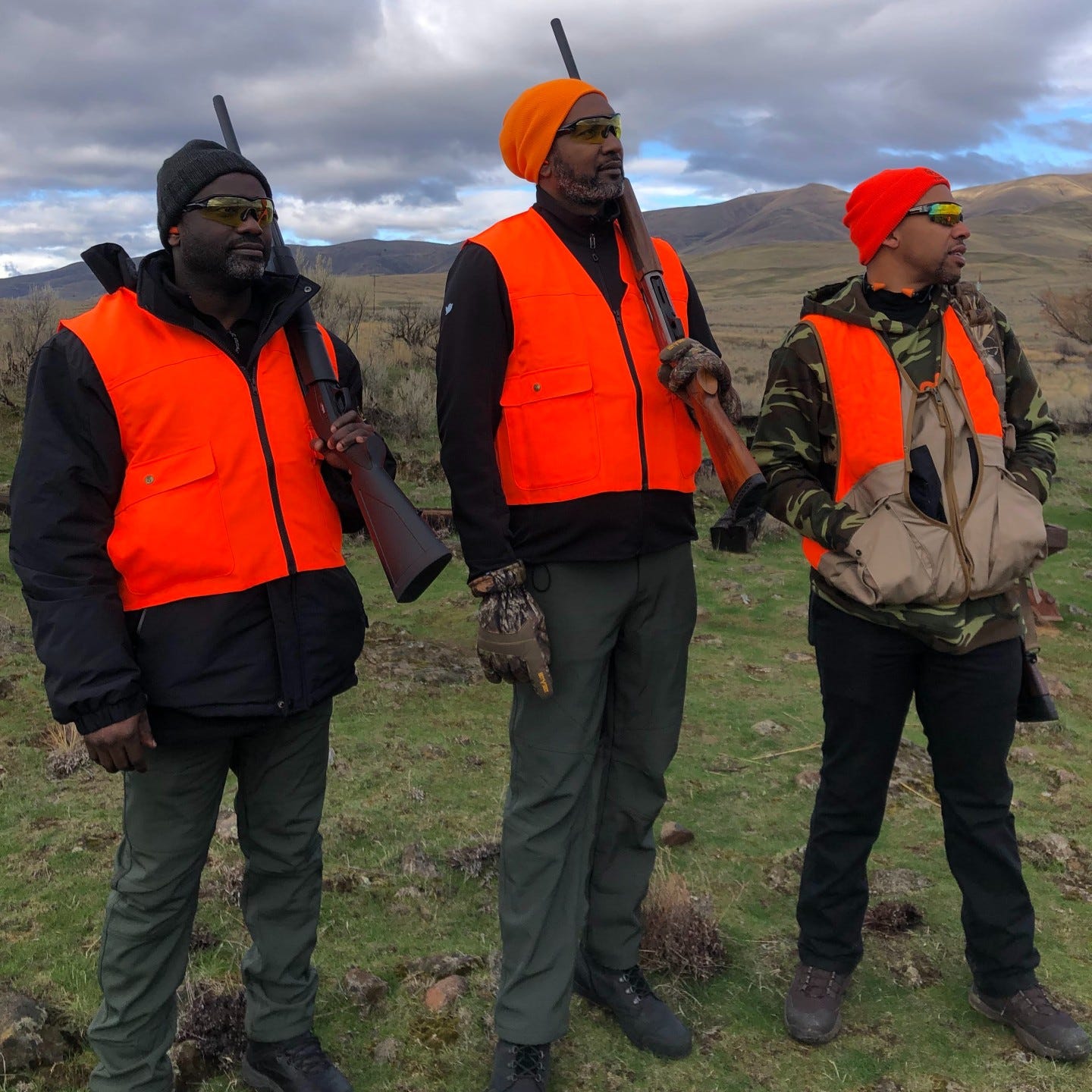Hunting While Black: Food, Freedom and Reclaiming the Great Outdoors
For some, hunting is more than just recreation—it’s a revolutionary act of resistance.

Lawrence Weeks, an executive chef and owner of Murray’s Creole Pub based in Louisville, wanted to learn how to hunt to gain greater self-sufficiency and connect to his family’s legacy as subsistenc…




